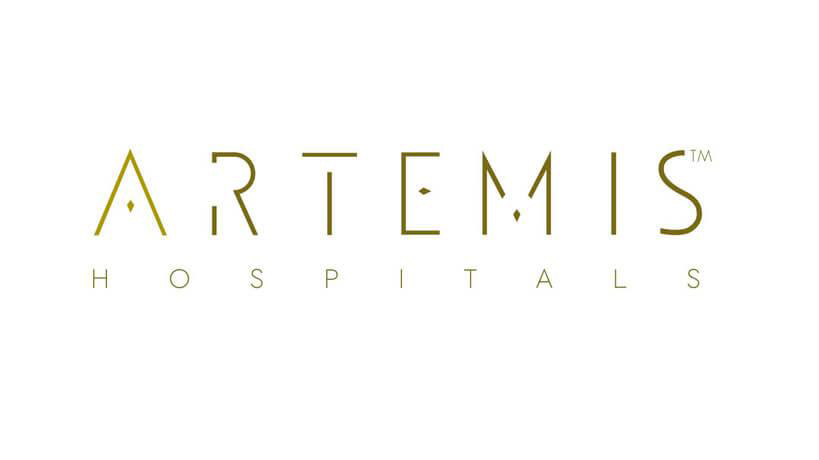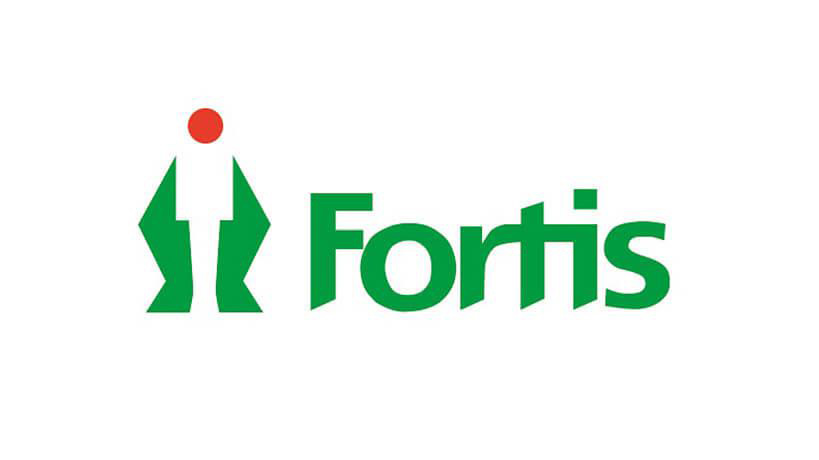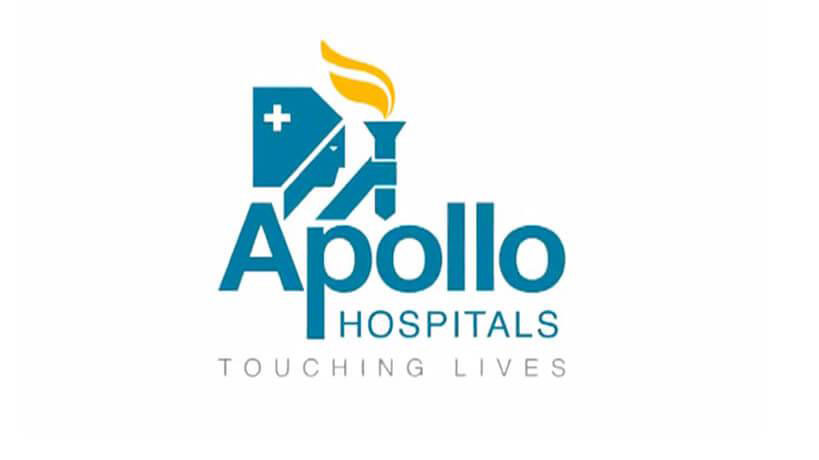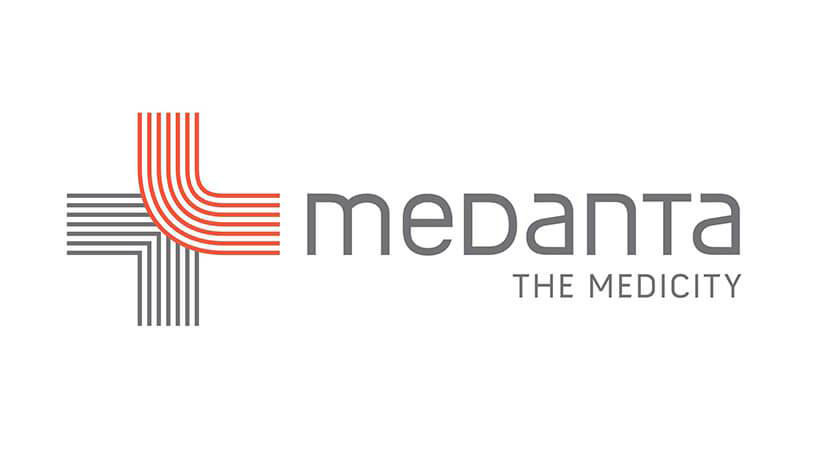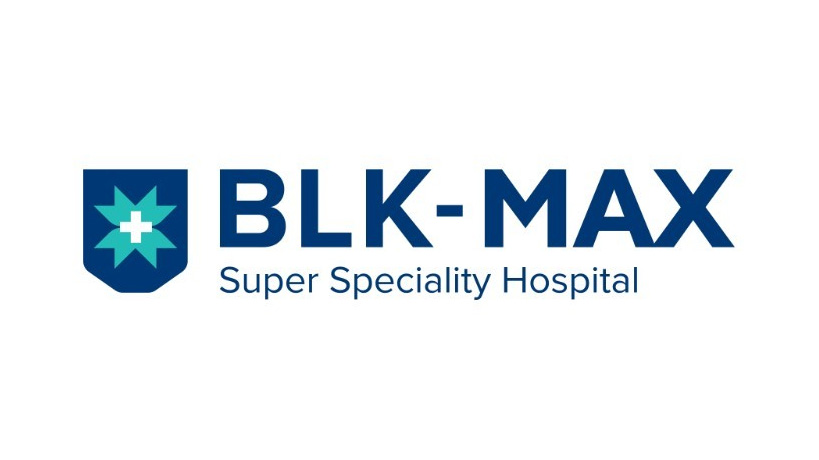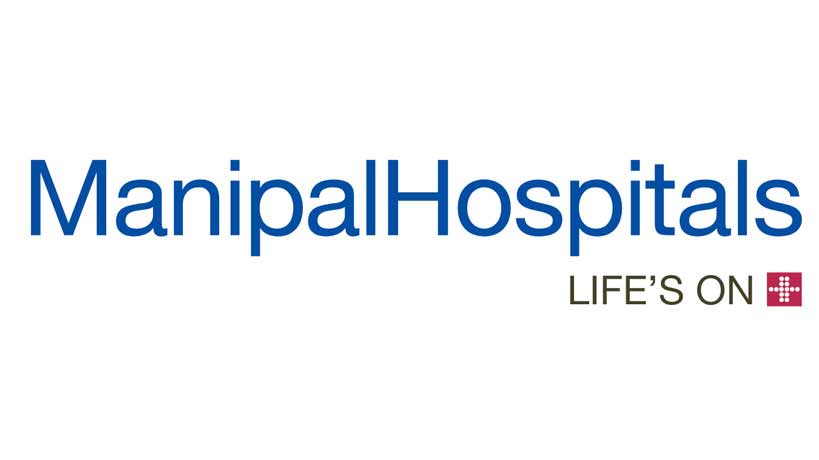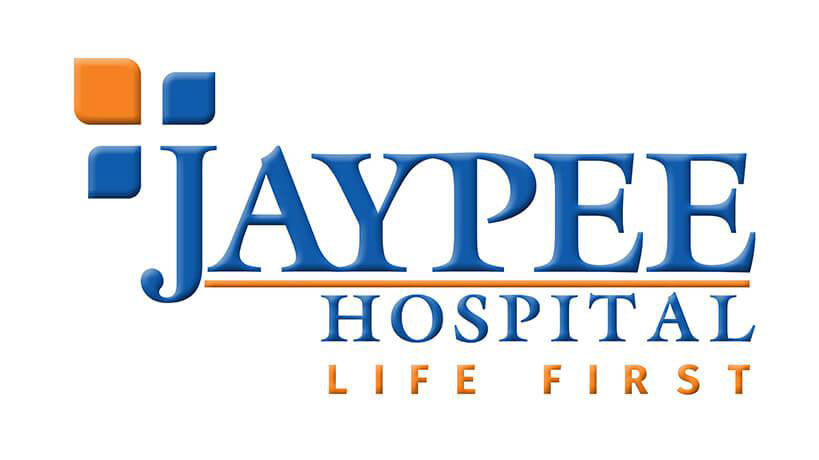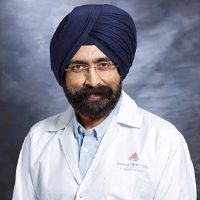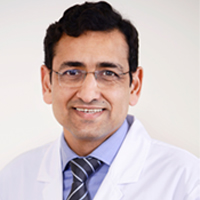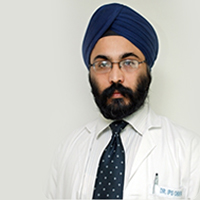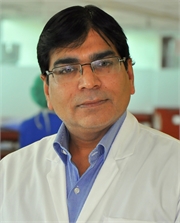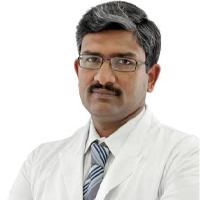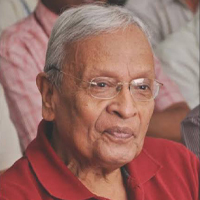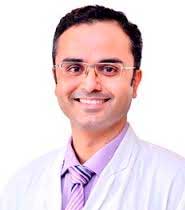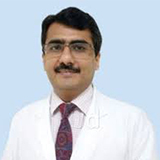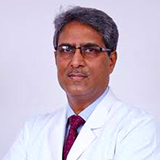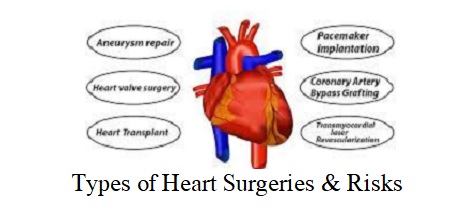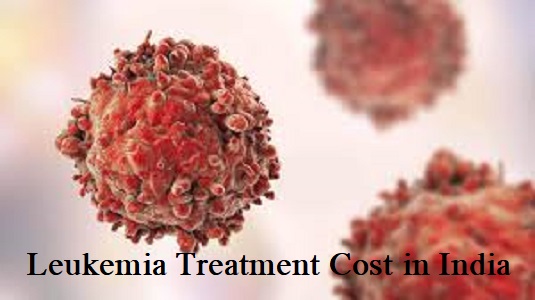
Get Free Treatment Plan From Top Hospital
Attach Medical Report
Lung Cancer: Types, Stages, Symptoms, Causes, Diagnosis & Treatment, Cost
Lung cancer ranks as the most frequently diagnosed cancer in men and holds the position of being the 2nd most prevalent cancer among women. The prevalence of lung cancer accounts for 8.1% of all cancer-related deaths. Lung cancer mostly affects people who smoke, especially if they have smoked for a long time. Here we will know about lung cancer treatment.
Lungs are the organs in our body located on either side of the heart, keeping our body healthy by giving us the oxygen needed to function properly.
Lung cancer originates when cells within the lungs multiply wildly, resulting in tumors. These abnormal cells disrupt normal lung function, negatively impacting oxygen supply and respiration, which leads to health issues and low oxygen levels.
Lung cancer is an extremely serious illness that damages the lungs and can be caused by several factors, the primary cause of which is smoking. Tobacco use and pollution, both contribute to the rise in cases of Lung cancer.
Non-smokers, on the other hand, are at risk for lung cancer as a result of other factors such as indirect smoke exposure, polluted air, or a family history of cancer.
Types of Lung Cancer
Lung cancer is a complicated disease with many subtypes requiring specialized evaluation and treatment approaches.
Different types of lung cancer are:
- Non-Small Cell Lung Cancer (NSCLC): NSCLC is responsible for 80-85% of the cases of lung cancer and is further divided into many different subgroups. Among the most widespread are:
- Adenocarcinoma: This type of lung cancer often begins in the lungs’ outermost areas and is more common in individuals who don’t smoke or regularly smoke. It happens because of certain changes in the genes.
- Squamous Cell Carcinoma: Squamous cell carcinoma is a type of lung cancer that develops in the middle bronchi and is commonly linked to a history of smoking. A biopsy is carried out to diagnose it.
- Large Cell Carcinoma: This is a very rare type of lung cancer that may appear up anywhere in the lung. It is less common than other kinds, yet it expands and grows quickly.
- Small Cell Lung Cancer (SCLC): SCLC is an uncommon lung cancer responsible for around 10 to 15% of all cases. SCLC tumor cells grow very quickly, and it is linked to smoking. It spreads fast to other places of the body, making it difficult to treat.
- Other types of lung cancer: There are also other uncommon kinds of lung cancer in addition to the more common ones. A carcinoid tumor is one such example; it has a slow growth rate and develops from special lung cells. Pleural mesothelioma, which damages the inner layer of the lungs but is not truly an example of lung cancer, is another uncommon type. Additionally, a few kinds of lung sarcomas and lymphomas originate in different parts of the lungs. These require specialized treatment and doctors with experience in these rare cancer types to handle them effectively.
Signs and Symptoms of Lung Cancer
It’s important for people with past experiences of smoking or contact with cancer-causing factors, to be cautious because early-stage lung cancer often displays fairly low signs.
Understanding lung cancer’s late signs is essential as they can indicate an advanced stage of the cancer.
Early Signs of Lung Cancer:
- long-lasting cough that worsens over time
- Unexplained weight loss
- Change in voice(Hoarseness)
- Swelling in the face or neck
- Fatigue and weakness
- Pain in the chest while breathing or coughing
- Common respiratory infections, like pneumonia or bronchitis.
Late Signs of Lung Cancer:
- Difficulty in swallowing food
- Advanced chest pain
- Hoarseness in voice
- Worsening of breath shortness
- Blood coughing (hemoptysis)
- Respiratory infections that do not go away.
Diagnosis of Lung Cancer in India
- Imaging Tests: The following are some of the most common imaging tests used to diagnose lung cancer:
- Chest X-ray: A basic image of the lungs that can be used to look for suspicious spots or tumors.
- Computed Tomography (CT) Scan: It provides complete cross-sectional photographs of the chest, helping in the detection of tiny cancers.
- Magnetic Resonance Imaging (MRI): This method is sometimes used to get more detailed images of lung cancers
- Sputum Cytology: If you have a cough that doesn’t go away and spit out phlegm (mucus), doctors may take a small sample and examine it under a microscope. This allows them to determine whether cancer cells are present in the mucus.
- Biopsy: A biopsy is an important step in confirming lung cancer. It involves taking out a tiny tissue sample from the lung for analysis under a microscope. A biopsy can be performed in several ways:
- Bronchoscopy
- Needle Biopsy
- Thoracentesis
- Staging: If lung cancer is diagnosed, additional tests may be conducted to determine the cancer’s stage and whether or not it has spread to different parts of the body.
- Additional Tests: Some of the other tests are done to determine the stages of lung cancer such as:
- Positron Emission Tomography (PET) Scan: Helps in the detection of cancer cells that might have spread to other regions within the body.
- Bone Scan: Detects cancer that has spread to the bones.
- Endobronchial Ultrasound (EBUS) or Mediastinoscopy: These procedures are used to biopsy the chest’s lymph nodes to determine whether or not the cancer has spread.
Treatment Options for Lung Cancer in India
The type and stage of the patient’s lung cancer, along with their physical health, all impact their treatment options.
Types of treatment available are:
- Surgery: When lung cancer is detected early, doctors may perform surgery to remove the tumor. It’s like removing the unhealthy part to improve the health of the lungs.
- Radiation Therapy: Powerful rays are used to destroy cancer cells to reduce tumor size before surgery, eliminate remaining cells after surgery, or treat symptoms if cancer spreads.
- Chemotherapy: It’s like using certain medications to fight cancerous cells. These medications can either slow or stop the growth of cancer. They are sometimes used alone or in combination with surgery or radiation to ensure that the cancer has been removed.
- Targeted Therapy: The treatment uses specialized tools to target harmful cancer cells while avoiding healthy cells.
- Immunotherapy: Immunotherapy helps the immune system in recognizing and attacking cancer cells. Immune checkpoint inhibitors have been proven to be effective in the treatment of some advanced lung cancers.
- Combination Therapy: In certain cases, doctors combine various treatments to give patients the best chance of overcoming cancer. Surgery, radiation, chemotherapy, targeted therapy, and immunotherapy may be used simultaneously or consecutively.
Risks factors in Lung Cancer
Common risks and complications in lung cancer treatment are:
- Infections
- Lung cancer risk increases with daily and lifetime smoking
- Fluid accumulating in the chest
- Bleeding
- Breathing difficulties
- Change in skin color
- Fatigue
- Vomiting and nausea
- Hair thinning and loss
- Low red blood cell count
- gastrointestinal issues
- Negative effects on the immune system
- The side effects of combo therapy
- Blood clots
- Heart and respiratory problems
Best Lung Cancer Treatment Hospitals in India
India is a top place for medical tourism if you need lung cancer treatment. The best hospitals here have modern facilities and experts in this field. They do advanced surgeries at prices that are much lower than in other countries. These hospitals take a complete approach, checking you carefully before surgery, doing surgeries with small cuts, and helping you recover after. They are certified as safe and good by important organizations.
Al Afiya Medi Tour is here to help you with everything. We make it easy for people from other countries to come here for treatment. We will get you appointments and help you through the whole process. With us, you can have treatment in the best lung cancer hospital in India, knowing that we will take care of you well. We want to make sure you get great treatment and feel supported all the way.
- Kokilaben Dhirubhai Ambani Hospital – Mumbai
- Global Hospital – Chennai
- Fortis Escorts Hospital – New Delhi
- MGM Healthcare – Chennai
- Indraprastha Apollo Hospital – New Delhi
- Fortis Hospital – Gurgaon
- Artemis Hospital – Gurgaon
- Marengo Asia Hospital – Gurugram
Top Lung Cancer Treatment Doctors in India
Looking for the top lung cancer doctors in India can be challenging. We’ve made it simpler with a list of top specialists from respected medical institutions. These experts are known for their skills, experience, and patient outcomes. Our selection assures exceptional care from industry leaders. Al Afiya Medi Tour helps international patients easily book appointments. Access top lung cancer doctors in India with our support. Trust a smooth medical journey with quality care from Al Afiya.
- Hari Goyal-Artemis Hospital
- Suman Karanth Gupta-Medanta The Medicity
- Sandeep Batra-Max Super Specialty Hospital Saket
- Praveen Kumar Garg-Indraprastha Apollo Hospitals
- Devavrat Arya-Max Super Specialty Hospital Saket
- Ankur Bahl-Max Super Specialty Hospital Saket
- Kumud Kumar Dhital-Marengo Asia Hospital
- Niranjan Naik-Fortis Memorial Research Institute
- Sameer Kaul-Indraprastha Apollo Hospitals
- Deepak Jha- Artemis Hospital
Lung Cancer Treatment Cost in India
For lung cancer treatment in India, the typical package ranges from 18000 USD to 20000 USD. This comprehensive package covers a range of services including thorough pre-treatment assessments, fitness evaluations for the patient, advanced investigations, the surgical procedure itself, and hospital accommodations for both the patient and their support system. Nevertheless, the treatment expenses in India can differ depending on the type of cancer, its stage, and various other factors.
| Treatment Type | Cost Range (USD) | Cost Range (INR) |
| PET Scan | USD 300 – USD 350 | INR 23,000 – INR 26,000 |
| Lung Cancer Surgery | USD 3,500 – USD 7,000 | INR 263,000– INR 526,000 |
| Chemotherapy (One Cycle) | USD 500 – USD 1,000 | INR 38,000– INR 75,000 |
| Radiation Therapy | USD 3,500 – USD 5,500 | INR 263,000– INR 413,000 |
| Radiosurgery | USD 5,000 – USD 10,000 | INR 376,000– INR 752,000 |
City-wise Lung Cancer Treatment Cost in India
- New Delhi – USD 1,200 – USD 30,500
- Hyderabad – USD 1,200 – USD 27,800
- Kolkata – USD 1,300 – USD 30,800
- Gurgaon – USD 1,200 – USD 30,500
- Bengaluru – USD 1,300 – USD 32,600
- Pune – USD 1,200 – USD 30,500
- Kochi – USD 1,200 – USD 30,500
- Chennai – USD 1,200 – USD 28,300
- Mumbai – USD 1,200 – USD 32,900
Lung Cancer Treatment Success Rate in India
The effectiveness of lung cancer treatment is influenced by various factors, such as the cancer’s stage, type, and overall health condition. The prognosis is shaped by your doctor’s assessment of your potential for survival over a few years post-diagnosis. Currently, the success rate of lung cancer treatment stands at approximately 98%, but this can fluctuate based on individual circumstances and advancements in medical approaches.

Top Lung Cancer Doctors in India

Best Lung Cancer Hospitals in India
Book An Appointment for Lung Cancer Treatment

Get Free Treatment Plan From Top Hospital
Attach Medical Report

Cost of Lung Cancer Treatment in India

Success Rate of Lung Cancer Treatment in India
Contact Form
Attach Medical Report
FAQs (FAQs (Frequently Asked Questions))

What is lung cancer?
Lung cancer is a condition where there is unchecked cell division in your lungs. Your cells naturally divide and multiply, but sometimes they mutate and grow faster than they should. This uncontrolled division of cells results in tumors, preventing your organs from functioning properly.
What causes lung cancer?
Smoking is one of the leading causes of cancer – both smokers and people exposed to secondhand smoke. Air pollution or workplace exposure (asbestos, chemicals) can cause lung cancer. Lung cancer can affect non-smokers as well.
How common is lung cancer?
Lung cancer is a common type of cancer and is the second-most common cancer in the world. It is the second most prevalent cancer in women after breast cancer and the most prevalent in men.
What are the symptoms of lung cancer?
Lung cancer does not show signs in the nascent stages. When lung cancer has progressed, its signs and symptoms frequently appear. Symptoms and signs are –
- Persistent cough
- If you cough up blood, even a little bit.
- Shortness of breath
- Chest discomfort
- Hoarseness
- Loss of appetite
- Unexplained weight loss
- Constant fatigue
- Bone pain and headaches
What are the stages of lung cancer?
According to the timing of the diagnosis, lung cancer is divided into the following six stages:
- Hidden-stage lung cancer – Cancer cannot be detected by imaging or bronchoscopy test. Doctors are unable to detect its pinpoint location. The bronchial enemia or sputum may reveal the presence of cancer cells. Cancer may not have spread.
- Stage 0 – Cancer is in the upper layer of the lung or bronchus. It has not spread outside in the lungs.
- Stage 1 – Cancer is contained only in the lungs.
- Stage 2- It is spread to the lymph nodes in the lungs or there are multiple tumors in the same lobe.
- Stage 3 – It is larger than stage 2, and has spread to the neighboring lymph nodes or other structures. There are several tumors in the same or different lobes.
- Stage 4 – Stage 4 cancer has spread to multiple sites in the other lungs. The fluid has spread to the lung or heart. Cancer can spread once it enters the bloodstream.
What are the different types of lung cancer treatment options available in India?
There are several treatment options depending on the type of lung cancer and how far it has metastasis. The oncologist may treat some cancers with surgery, chemotherapy, radiation, targeted therapies, or a combination of these therapies.
- Surgery – If cancer has not spread and there is a single tumor. The surgeon will remove the tumor and some surrounding healthy cells, to ensure no cancer cells are left behind. Sometimes the surgeon may remove part or resect all of your lungs to reduce the probability of cancer returning.
- Radiofrequency ablation – The oncologist uses radiofrequency ablation (RFA) if the tumor is on the periphery of the lungs. RFA involves high-energy radio waves to kill cancer cells.
- Radiation – High-intensity beams are used in radiation to eliminate cancer cells. It can be utilized both independently and to boost surgical effectiveness. Doctors use radiation in palliative care to reduce tumor size and lower pain and discomfort.
- Chemotherapy – Chemotherapy uses medication to stop the growth of cancer cells and is done before or after the surgery.
- Targeted drug therapy – Specific drugs target cancer cells.
- Immunotherapy – Immunotherapy reveals the cancer cells to the immune system so that your body can fight the cancerous cells.
- Palliative care – Treatment to reduce pain or symptoms associated with cancer.
How much does lung cancer treatment cost in India?
The average cost of lung cancer treatment in India varies from approximately $4,700 to $8,200. The treatment starts at $1,000 and can reach up to $32,000.
What is the success rate of lung cancer treatment in India?
The success rate of lung cancer treatment in India is 60-65% if the cancer is local. All lung cancer patients can expect longer life spans and improved quality of life.
What are the potential risks and side effects of lung cancer treatment in India?
Potential risks and side effects of lung cancer treatment include –
- Breathing difficulties
- Fatigue
- Anemia, hemorrhaging, and infection (chemotherapy can reduce some blood parameters).
- Digestive issues (nausea, vomiting, diarrhea, or constipation)
- Lack of appetite
- Alternation in one’s appearance such as hair loss
- Pain
- Effects on fertility and modifications to sexual function.
How can I find the best hospital or doctor for lung cancer treatment in India?
You can start your treatment by searching for an oncologist and then looking at the hospitals where they practice. Alternatively, you can look for hospitals that specialize in treating cancer, and then look for a doctor who practices there. The hospital will become part of your cancer care team, which includes nurses, assistants, social workers, and technicians. Your health insurance policy may affect your decision. Ask your insurance company for approved centers.
Which hospitals in India are known for providing the best lung cancer treatment?
Some hospitals in India that are known to provide the best lung cancer treatment-
- Medanta – The Medicity, Gurgaon
- Kokilaben Dhirubhai Ambani Hospital, Mumbai
- BLK Super Speciality Hospital, New Delhi
- Dharamshila Narayana Superspeciality Hospital, New Delhi
- Fortis Memorial Research Institute, Gurgaon
What criteria should I consider when selecting the best hospital for lung cancer treatment in India?
Several people travel to India after being diagnosed with lung cancer. In addition, India has a robust infrastructure, highly skilled and experienced cancer professionals, and the latest technology. Small towns and villages might not have a cancer hospital that can treat all types of cancer patients, select a metropolis to receive treatment in recognized facilities. Here are some things you should think about –
- Find a good oncologist to treat lung cancer and find the hospitals they work with. Meet the doctor and find out if you are comfortable with it.
- Choose a hospital that can treat different types of cancers. Top hospitals in India are equipped with cutting-edge equipment and have the most experienced team of doctors to treat all types of cancer.
- Check if the hospital has NABH/JCI accreditation.
- Ask your insurance policy for a list of approved hospitals.
- The hospital should be renowned nationally and internationally, and ask for recommendations.
Which is the best Lung cancer hospital in India?
Fortis Hospital Gurgaon is NABH certified hospital and is the best cancer hospital in India. The hospital has renowned physicians, super sub-specialists, and specialty nurses with unmatched medical knowledge, innovation, and technology.
What are the top 10 Lung cancer hospitals in India?
The top ten lung cancer hospitals in India are-
- Max Super Specialty Hospital, New Delhi
- Medanta – The Medicity, Gurgaon
- Indraprastha Apollo Hospital, New Delhi
- BLK Super Specialty Hospital, New Delhi
- Dharamshila Narayana Super Specialty Hospital, New Delhi
- Kokilaben Dhirubhai Ambani Hospital, Mumbai
- Wockhardt Hospital, Mumbai
- Artemis Hospital, Gurgaon
- BGS Gleneagles Hospital, Bengaluru
- Fortis Escorts Hospital New Delhi.
What are top ten best lung cancer doctors in India?
Best lung cancer specialists in India are-
- Dr. Biswajyoti Hazarika, Surgical Oncologist
- Dr. Praveen Yadav, Surgical Oncologist
- Dr. Vinod Raina, Medical Oncologist
Top Doctors & Surgeons in India
Why Choose Us

Personalized Care
24x7 Supports
Top NABH and JCI accredited Hospitals
Free Cost Estimation & Medical Opinion from Specialist
Get Free Tele/Video Consultation
Visa and Traveling Assistance
Post-surgery with Assistance in Follow-ups

